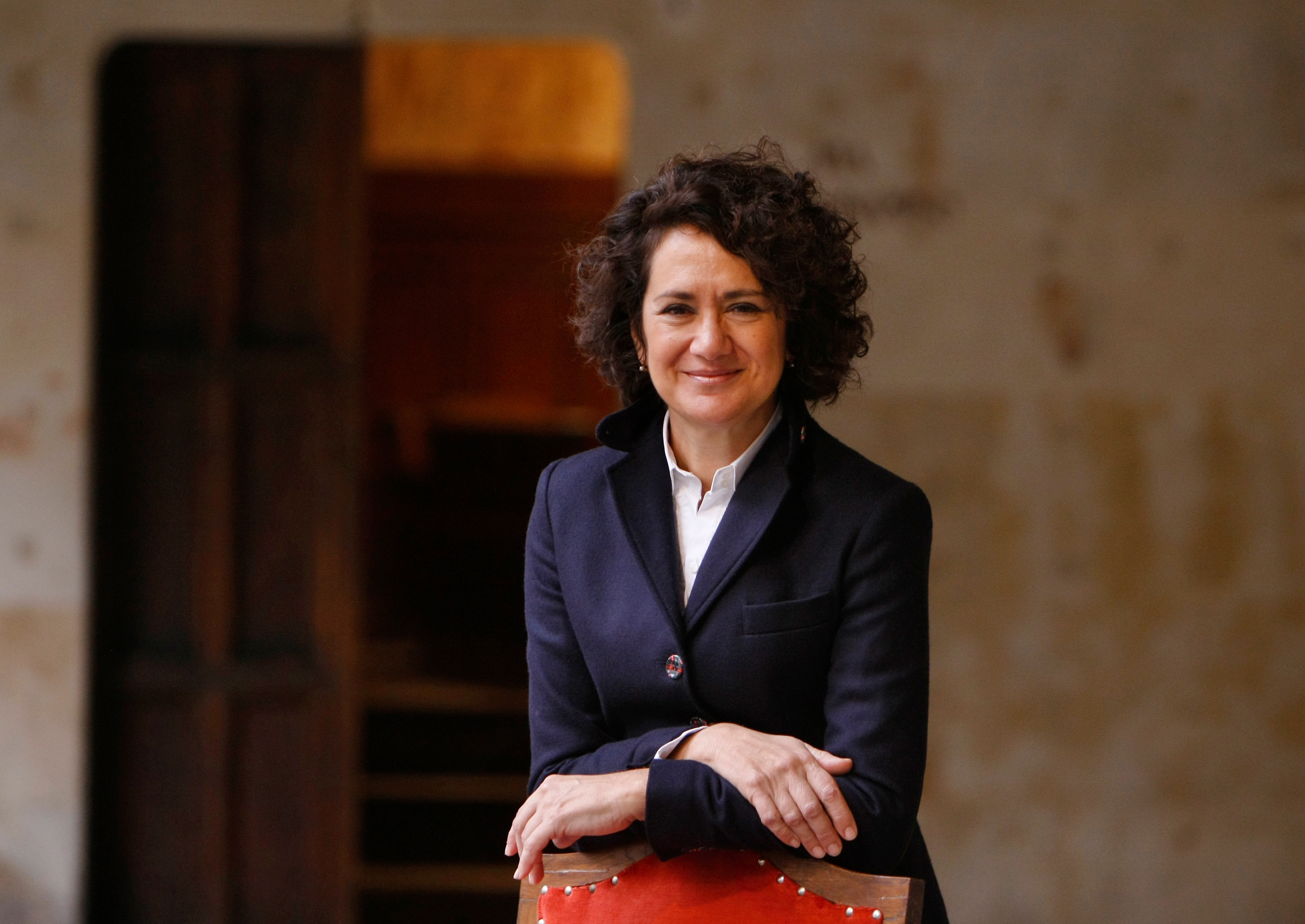Women in Science profiles: María A Serrano

What have been your major scientific achievements?
After finishing my PhD at the University of Salamanca (Spain), during my postdoctoral training at the CNRS in Meudon (France), I began to specialize in membrane transport proteins from intestinal and placental epithelium. Then, back in our research group at the University of Salamanca we embarked on the involvement of membrane transport proteins in the mechanisms of multidrug resistance in hepatic tumor cells. The advancements we have made in this field have resulted in a better understanding of many of the mechanisms of drug resistance, allowing us to propose different chemical and molecular strategies to overcome this resistance and to face the challenge of making the chemotherapeutic treatments more effective.
What do you see as the most important impact of your work?
As mentioned previously, the studies carried out in our research group have clarified why, for example, some hepatobiliary tumors do not respond to the drugs recommended for their treatment, while deepening possible strategies to overcome this resistance phenomenon. In addition to the impact of the experimental results, it has been very important for me to train many young scholars carrying out their doctoral or master's work in our laboratory. It has been very challenging, but also a very enriching experience to not only train them as scientists but also to contribute to making them aware of the challenges our society faces, thus making an impact on both their professional and personal lives as well as on broader societal issues.
What have been the main challenges that you have faced so far and how have you overcome those?
My scientific career has been fascinating and very enriching, but has also come with some difficult moments, especially when attempting to coordinate my personal life with my professional development, and the need to assume higher leadership positions. Sometimes life itself gives you answers but, in particular, when I have had to choose between my personal or my professional life, or to take on a position of higher responsibility, in general I have reached a balance always looking for new challenges—although many times I have been mistaken.
What would be your advice to young women researchers who are aiming at a career in academia?
To work hard, persevere and have courage to face challenges, and to look for very healthy and equal relationships so as not to have to sacrifice anything personal or professional. It is also important that young scientists take part and are involved in initiatives and actions in favor of effective equality in academia.
How do you make the best out of failures?
I have gained experience, maturity and the capability to reflect without acrimony. I have learned a lot from my mistakes because I know now how to analyze them with humility and serenity. Those lessons are very important when faced with the responsibility to train and guide young researchers.

What is the most important issue that needs to be addressed to achieve gender equality in academia?
To begin with, you have to promote equality in your own research groups, leading by example. In my opinion, true equality is reached within families from early childhood. We have to be aware of that. Then, in academic institutions we need to fight, if necessary, for the application of measures that do not affect in a different way professional promotion between men and women and we also need to apply measures that do not perpetuate established masculine or feminine roles.





Join the FEBS Network today
Joining the FEBS Network’s molecular life sciences community enables you to access special content on the site, present your profile, 'follow' contributors, 'comment' on and 'like' content, post your own content, and set up a tailored email digest for updates.